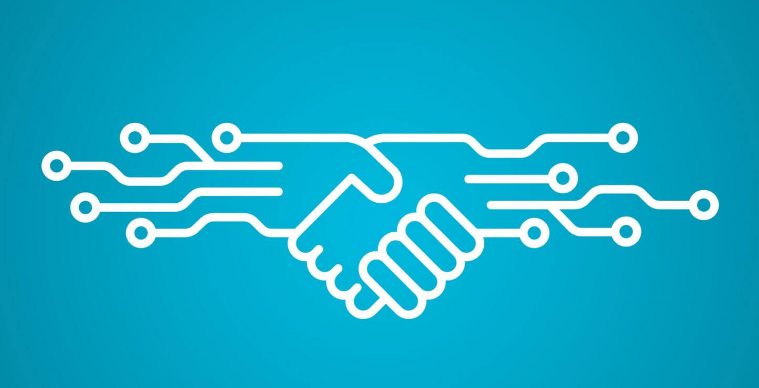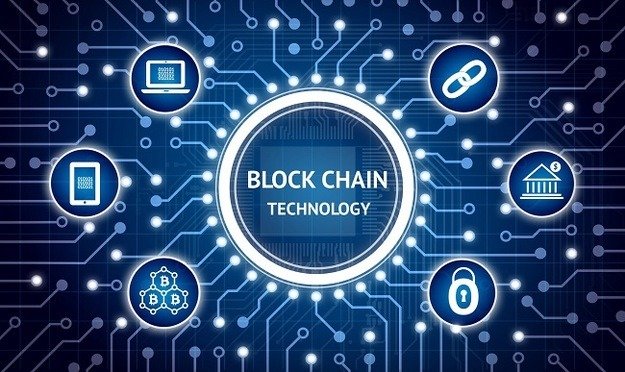
As the introduction of blockchain will come to the democratization of entire economies.
Once the blockchain was just an experiment.
At first, the question was whether it would be able to replace banks, and since the data stored in it do not require intermediaries and are not amenable to change, it quickly became clear that there can be a positive answer.
The next step was the creation of Ethereum: it turned out that blockchain can be used not only for processing financial transactions — the potential of technology is greater, and we are talking about the possibility of decentralization of entire economies and more direct democracy on a global scale.
A tool of democratization
The work of the blockchain is built on consensus. Network nodes must agree on any set of data that will be used in the future. The same applies to any corrections to data already entered or SOFTWARE updates — if there is no consensus, the proposed change will not be implemented.
Thus, blockchain is the embodiment of democratic participation.
Interestingly, this requirement guarantees the security of data stored in the blockchain.
The blockchain uses cryptographic tools that ensure complete data security, and users can track any changes, which means that any attempt to change the stored information will notice all the participants of the network.
Moreover, when we go beyond the world of Finance, this security, provided by transparency, becomes even more important.
Take, for example, the recent news that Cambridge Analytica, which specializes in data analysis, used the personal information of 50 million Facebook users without their permission — this is a good reason to insist on the introduction of blockchain, which will provide decentralization and democratization in relation to user data.
In the future, the blockchain can be used to count votes in elections. Since you can see the entire history of the data in the blockchain, we can make sure that everyone voted correctly and once — that is, there will be fewer cases of fraud.
It is the transparency of the blockchain that makes it a unique instrument of democratization — decentralization becomes a powerful weapon of democracy.
The introduction of the blockchain

Blockchain can also be used to increase the responsibility of governments. If the data is stored in the blockchain, it becomes more difficult for the authorities to deceive the people, in addition, it becomes an obstacle to various types of corruption.
The same applies to corporations: the actions of the management will always be traceable, which means that any fraud attempt will inevitably be disclosed.
In addition, blockchain can improve the lives of people in third world countries — where a part of the population has money to invest, but they do not trust financial institutions. Now they will know exactly what is going on with their money, which means that they will be able to invest with less doubts, and this will not only make them more financially prosperous, but also benefit the world economy as a whole.
What's next?
Examples of such implementations already exist. Last year, Ukraine tested the electoral platform of the municipal level on the basis of blockchain, Estonian residents used the technology for independent notarial certification of documents, including marriage licenses and birth certificates, and one of the Danish political parties conducts internal voting with its help.
The speed of blockchain implementation in organizations around the world is staggering, and it is important to understand that blockchain is not just Finance.
Blockchain is already changing the world — through decentralization of the economy and ensuring transparency of centralized corporations.
sono assolutamente d'accordo. Io sono italiano, qui c'è una forza politica chiamata movimento 5 stelle che sta per introdurre la blockchain nel suo sistema di democrazia diretta online: https://rousseau.movimento5stelle.it